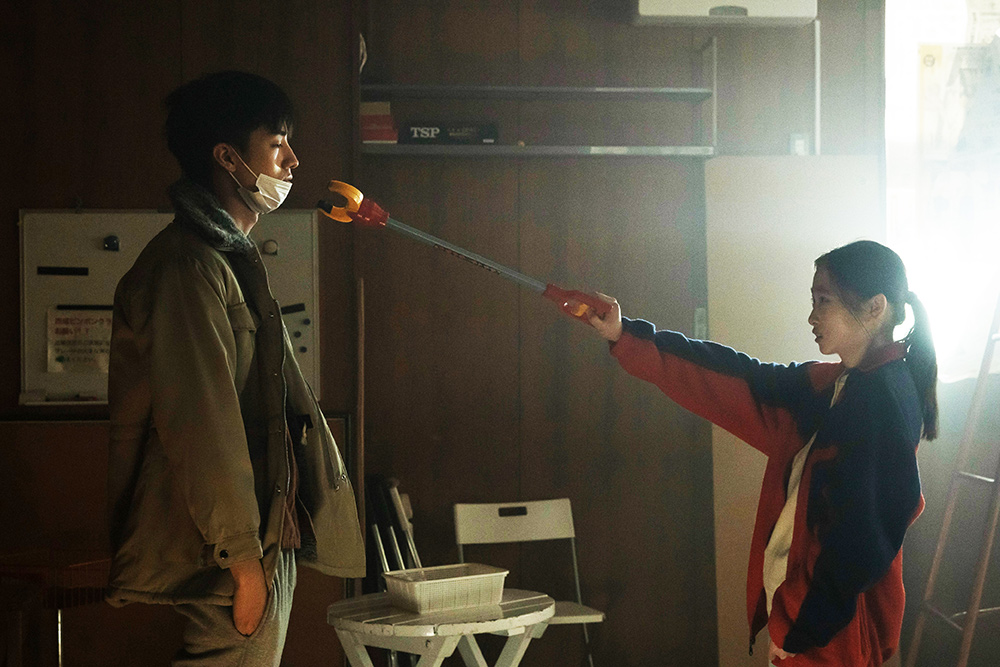!["Search" Director Shinzo Katayama: Film techniques that immerse you in the story without relying on words [Director's Interview Vol.175]](https://cinemore.jp/images/042dde7f58f2cb3f3fba963bfb223edecc21988e11c200c67fc73cb258e010f3.jpg)
"Search" Director Shinzo Katayama: Film techniques that immerse you in the story without relying on words [Director's Interview Vol.175]
Changing the time series that does not work just by matching the answers
Q: The script for ``Siblings on the Cape'' was written by director Katayama alone, but this time it was a joint script, so I think a lot of objective opinions came in. What did you think about that area?
Katayama: Yamano: When I listened to the opinions of producers and film companies, I felt that they were demanding more entertainment and commercial value. Personally, I was thinking in a direction that was a little more author-oriented, so I felt the difference. If I had done it alone, I think it would have been much more difficult and cruel.

“Search” ©2022 “Search” Production Committee
Q: The chronology has a random structure, but I got the impression that you were able to freely use this as a device to amplify the ``interest of the movie.'' Why was this method adopted?
Katayama: I like Tarantino (laughs). I like movies like `` Pulp Fiction '' (1994), where the timeline is changed in various ways, people who were thought to be dead are still alive, and the same scene is told from a different perspective. However, if you end up answering the question, ``Actually, this is what happened,'' it won't work for today's discerning audiences. The challenge was how to incorporate new information into it.
Also, even if the pieces of the timeline didn't fit perfectly, I believed that the audience's imagination could fill in the gaps, so I was careful not to use it as a device to make things easier to understand.
Q: I was unconsciously checking the answers as I watched, but as the story unfolded in more and more unexpected ways, I felt like I was being taken to a direction that had nothing to do with the answer.

